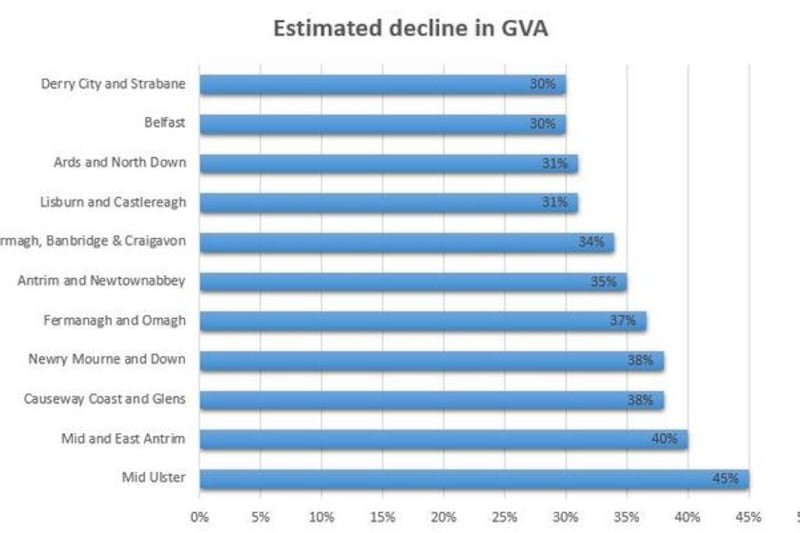The next government will have to increase the overall tax burden just to keep public services in their current condition, a think tank has said.
The Centre for Progressive Policy (CPP) said the government would have to increase spending by £142 billion per year up to 2030 “to stand still” thanks to the costs of an ageing population.
In a report published on Wednesday, the think tank warned that this increase in spending meant overall tax revenues would have to rise to 38.8% of GDP just to keep the budget deficit under control.
The CPP suggested this would not need to come from increases in income tax, but could be achieved with changes to the tax system.
Wednesday’s report suggested reforming the tax system to focus more on wealth, for instance through a one-off “millionaire’s tax” on people with assets worth more than £1 million or aligning capital gains tax with rates of income tax.

Tax revenues are already at their highest level in decades, with the tax burden expected to be just under 37% this year, prompting calls for tax cuts from high profile Conservative backbenchers such as Liz Truss.
In October, Rishi Sunak told reporters he was “confident” he could deliver tax cuts by the next election, provided inflation continued to fall.
Labour has also been reluctant to commit to tax increases, and shadow chancellor Rachel Reeves has already ruled out both a wealth tax and equalising capital gains tax and income tax. Instead, the opposition has focused on “reform” as a way of improving public services while saving money.
The CPP said it wanted to “inject some realism” into the debate on tax and spending, adding that an investment package worth around £19 billion per year would also be needed if the next government wanted to do more than simply stand still.

Charlotte Alldritt, chief executive of the CPP, said: “Our analysis shows the harsh reality of the increase in public spending the next government will need to undertake just to stand still.
“Keir Starmer has talked about a decade of renewal and fair growth in all places.
“These are the right aims, but Labour is kidding itself if it thinks they can be delivered for free.
“Labour may see a focus on fiscal discipline as politically imperative in opposition, but to make any progress on reversing our economic stagnation, it will need to take a longer-term view of how spending can contribute to fair growth.”
The CPP suggested investing in net zero industries, education, childcare and health in order to improve productivity and achieve “inclusive” economic growth.
The think tank backed more flexible fiscal rules to create room for this investment, noting that previous fiscal rules had already been breached several times in practice.
This proposal has received support from former Conservative treasury minister Lord O’Neill, who has been advising Ms Reeves on business and investment policy.
He said: “Arbitrary deadlines are constraining any long-term investments where the pay back is 2-3 times longer than the debt their spending would create.
“Moving this deadline to 10 years and assessing the economic impact of infrastructure projects over the long term would allow governments to make policy choices based on the long-term potential economic benefit to the country, rather than the short-term debt consequences.”






